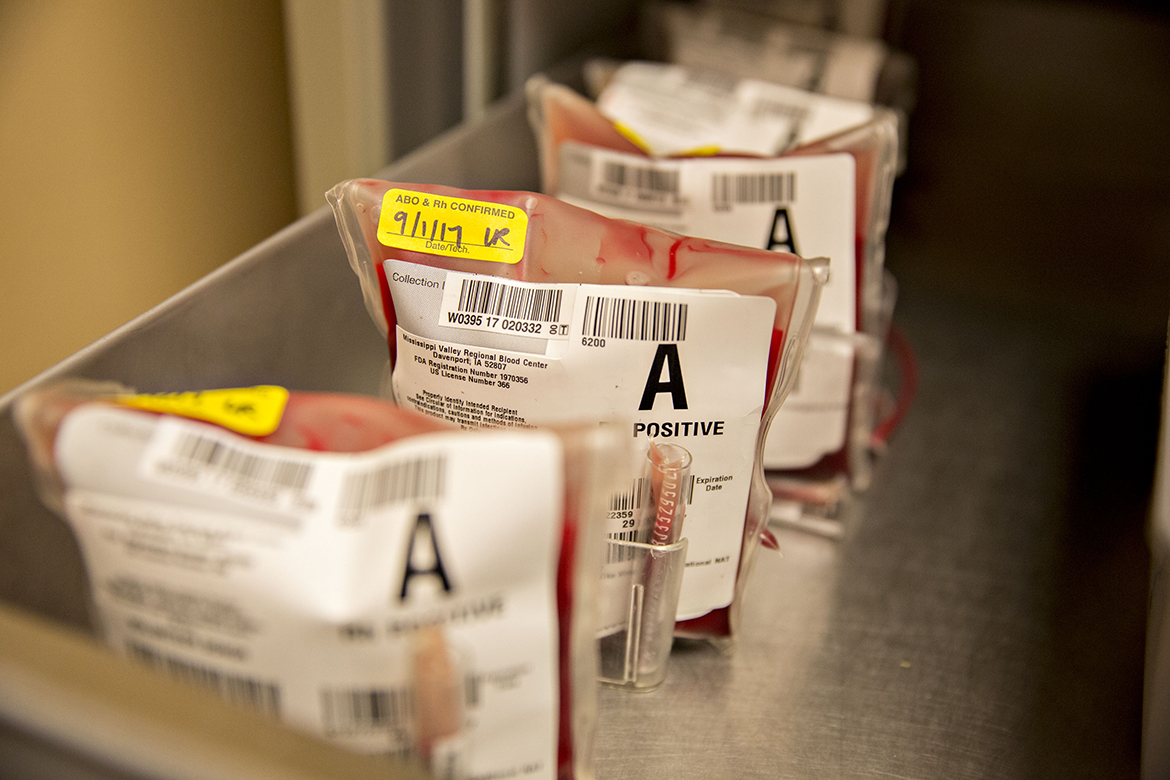California Joins States That Would Evict Veterans Who Seek Aid-In-Dying Option
Citing fears of losing federal funds, California is the latest state to require discharge of terminally ill residents from state veterans’ homes if they plan to end their lives with lethal drugs.
No Car, No Care? Medicaid Transportation At Risk
For over 50 years, the program for the poor and sick has been required to ferry certain clients to and from medical appointments. Though California is not among the states out to cut this service, it could still feel the pinch if the feds slash Medicaid funding overall.
Fallout From ‘Nuclear Button’ Tweets: Sales Of Anti-Radiation Drug Skyrocket
Orders for potassium iodide reportedly jumped after a Jan. 2 war of words between Trump and North Korea’s Kim Jong-un.
This Thanksgiving, Carve Out Time To Talk About End-Of-Life Wishes
A vital tradition is gaining steam as more families use the holiday gathering to discuss and document advance-care plans.
New ‘Instructions’ Could Let Dementia Patients Refuse Spoon-Feeding
Patients with Alzheimer’s disease and other dementias can say in advance if and when they want caregivers to stop offering food and fluids by hand.
‘No One Is Coming’: Hospice Patients Abandoned At Death’s Door
U.S. hospice agencies promise to be available around-the-clock to help patients dying in their homes. But a Kaiser Health News investigation shows that, in an alarming number of cases, that promise is broken.
Amid For-Profit Surge, Rural Hospice Has Offered Free Care for 40 Years
Tiny Washington state hospice accepts no federal funds, relies on community volunteers and donations to serve the dying.
Dementia Patient At Center of Spoon-Feeding Controversy Dies
Nora Harris, 64, who had early-onset Alzheimer’s disease, raised questions about the power — and limits — of an advance directive to withdraw care.
In Oregon, End-of-Life Wishes Are Just A Click Away
A new link creates two-way access to the state registry that documents the type of medical care sick and frail patients want — or refuse.
A medida que los donantes leales envejecen, los bancos buscan sangre joven
Para las personas que nacieron después de la Segunda Guerra Mundial donar sangre era casi un deber cívico. Pero a medida que envejecen y dejan de donar, los bancos de sangre luchan por reemplazarlos por donantes más jóvenes.











